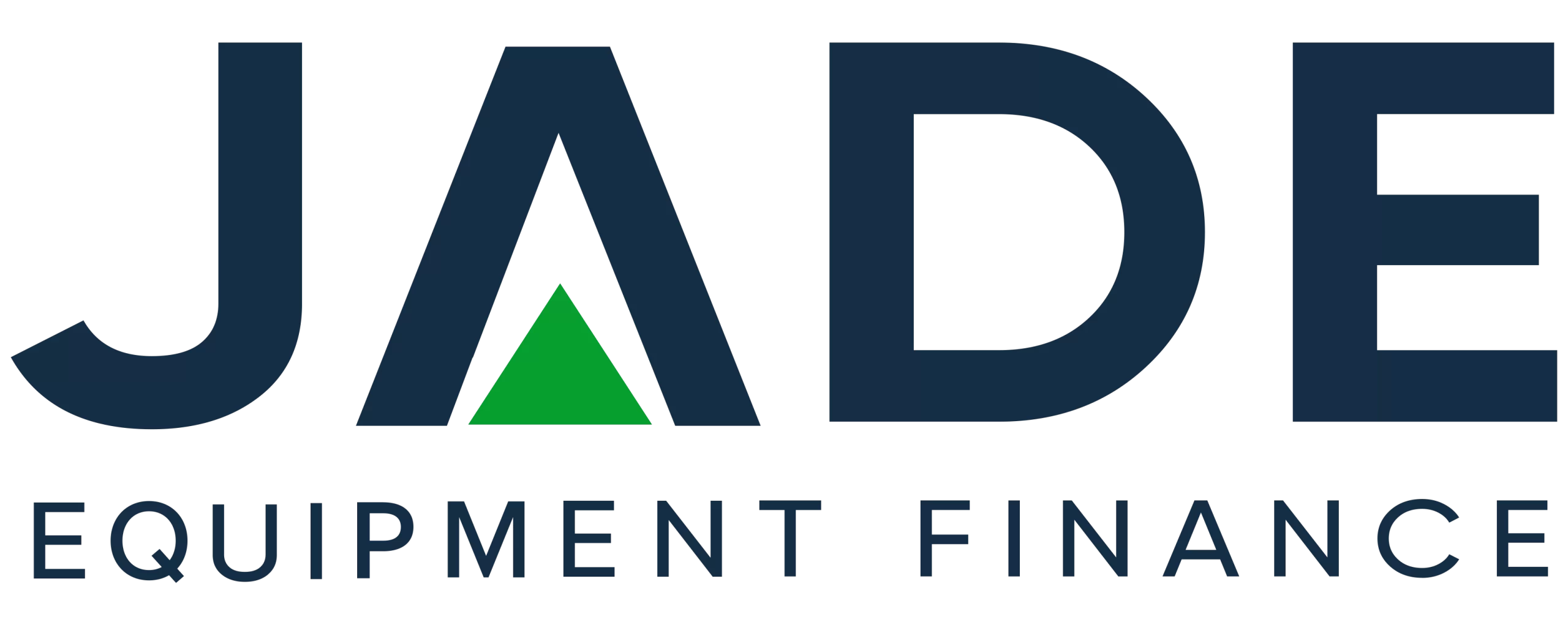Since the Federal Treasurer Josh Frydenberg announced the budget on 11 May, there has been much spruiking of the benefits of key measures by the Prime Minister, other Government Ministers, the media and interested parties such as lenders like ourselves. The key messages for business operators are in regard to the tax benefits on offer through investing in new plant, machinery and equipment. Specifically, the extension of temporary full expensing and how that works with temporary loss carryback. Read more on the Federal Budget here.
All well and good for those businesses that can easily access low-interest rate finance. But what is available for those businesses that face challenges sourcing business equipment loans? We’re talking about new businesses which have not been operating long enough to have all the financial records required for a loan application and very small, sole trader, owner-operator businesses.
Do these businesses have the same opportunities to take advantage of accelerated asset depreciation measures? If so, how? As specialists in equipment finance, we can provide information on both those counts as well as access to cheap finance by way of Low Doc, No Doc Equipment Finance.
Temporary Full Expensing Recap
The concept of temporary full expensing (TFE) first entered the awareness of most business operators when Treasurer Josh Frydenberg announced in the October (delayed from May) 20/21 budget. While new to some, it has been used as a stimulus measure previously. Essentially it is the same accelerated asset depreciation measure as Instant Asset Write-Off. Through extensive promotion by equipment and machinery dealers and lenders, most business operators have become familiar with how this works as a tax deduction.
TFE is an expansion and extension of IAWO. It expanded the value of assets that can be depreciated and the turnover to make more businesses eligible. It allows for the full cost of equipment, plant and machinery to be claimed as a tax deduction through depreciation in the year the equipment was purchased rather than in small amounts over many years. All subject to criteria which can be checked at https://www.ato.gov.au/Business/Depreciation-and-capital-expenses-and-allowances/Temporary-full-expensing/
By having this larger tax deduction, the amount of tax owed in the year that the benefit is claimed is reduced. Thus giving the business a reduced tax obligation, less money to have to pay in tax and hence more to spend on other essentials or further investments.
There appears to not be a cap on how many items of equipment can be acquired and claimed under this measure. So operators could invest in a number of new machines and make claims against all in the current year. The budget extended the timeframe through to EOFY 2023 so businesses can possibly plan equipment purchases over this, next and the following financial years and realise a significant benefit in each year.
Suitable Equipment Finance Products
But in order to depreciate equipment assets, it needs to be acquired with the appropriate type of finance and that is Chattel Mortgage which is also known by some banks as Equipment Loan. Why? Because with Chattel Mortgage the entire monthly repayment is not tax-deductible, only the interest portion is deductible. The business realises the tax benefit when the equipment is depreciated in the annual income tax assessment.
This differs from Equipment Leasing where the repayments are considered a business operating expense and tax-deductible. As the tax deduction is realised at that point, the equipment is not depreciable under a Leasing finance deal.
Low Doc and No Doc Equipment Finance Options
Now to how businesses seeking low doc and no doc equipment loans can take advantage of these measures. Low Doc Equipment Finance and No Doc Chattel Mortgage for equipment and machinery are available through specialist lenders such as Jade Equipment Finance.
While some banks may not provide this service, we are accredited with non-bank lenders that are more flexible and are prepared to make such offers. Cheap interest rate offers are available to businesses without all the financial documents and records usually required and the eligibility criteria are quite straightforward.
To be eligible for a Low Doc or No Doc Chattel Mortgage, business requires:
- A current ABN and ID.
- Being registered for GST is not an essential requirement but can be seen by some lenders as a positive and contribute to a better offer.
- Good credit profile to ensure the cheapest interest rate offer.
- Providing some quantity of financials is desired and these may be accounts records simply prepared by the operator rather than an accountant; a business plan with very new start-ups; BAS statements if available; and similar supporting documents.
- The difference between low and no docs is the quantity of information provided. The more the better.
- Additional security or guarantee may be requested by lenders.
Your Jade consultant will advise you of individual lender guidelines and seek the most appropriate lender to suit your requirements. When approved for this category of equipment finance, the business can usually select whichever finance product they choose – Leasing, CHP, Rental or Chattel Mortgage. To take advantage of TFE, Chattel Mortgage is seen as the most appropriate choice. But it is always advised to consult with an accountant or tax agent to ensure the choice of finance will deliver the optimum benefits to the individual business.
Applying for Equipment Finance
With EOFY approaching fast, if you would like to claim TFE in this financial year, contact us and utilise our equipment loan interest rate comparisons tool so we can arrange your Low Doc or No Doc Chattel Mortgage.
Contact us on 1300 000 003 to discuss how we can assist you with low doc and no doc finance.
DISCLAIMER: IF MISINTERPRETATIONS, MISREPRESENTATION OR ERRORS EXIST IN THIS ARTICLE, NO LIABILITY IS ACCEPTED. THE INFORMATION IS PROVIDED ONLY FOR GENERAL PURPOSES AND NOT IN ANY MANNER INTENDED AS THE ONLY SOURCE FOR MAKING FINANCIAL DECISIONS. THOSE THAT CONSIDER THEY REQUIRE ADDITIONAL GUIDANCE OR ADVICE SHOULD REFER TO AN INDEPENDENT FINANCIAL ADVISOR.


